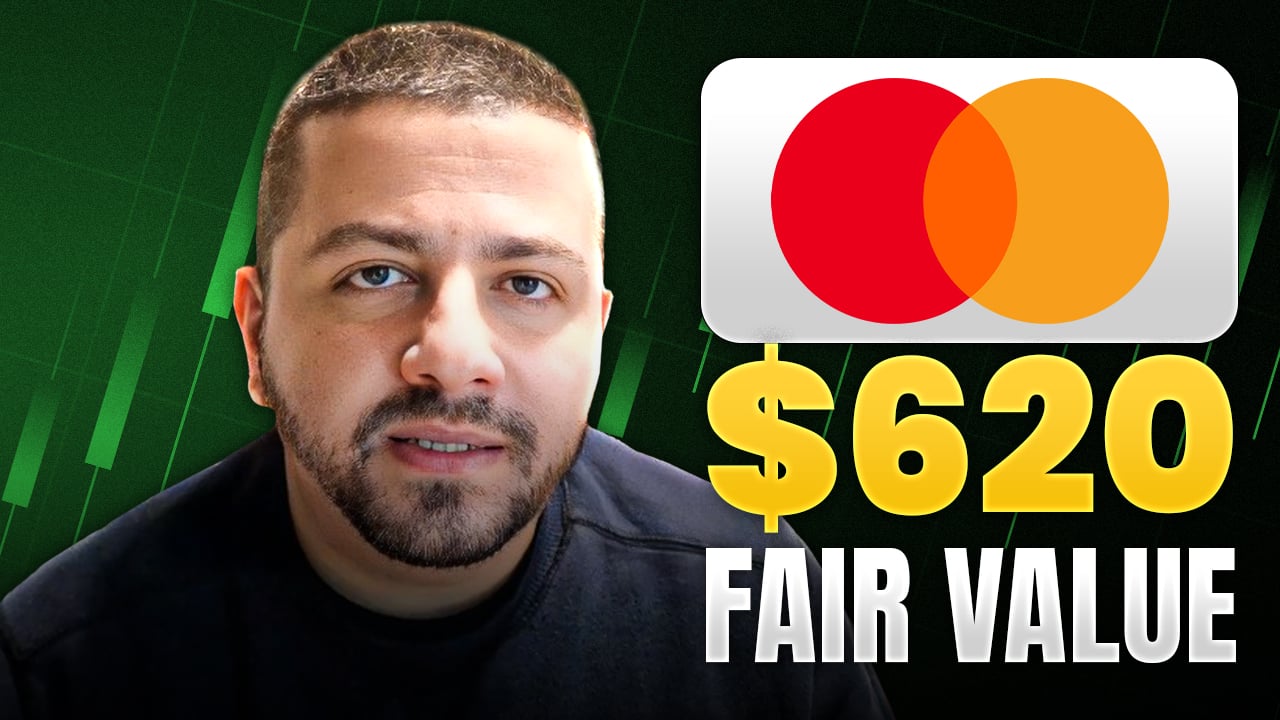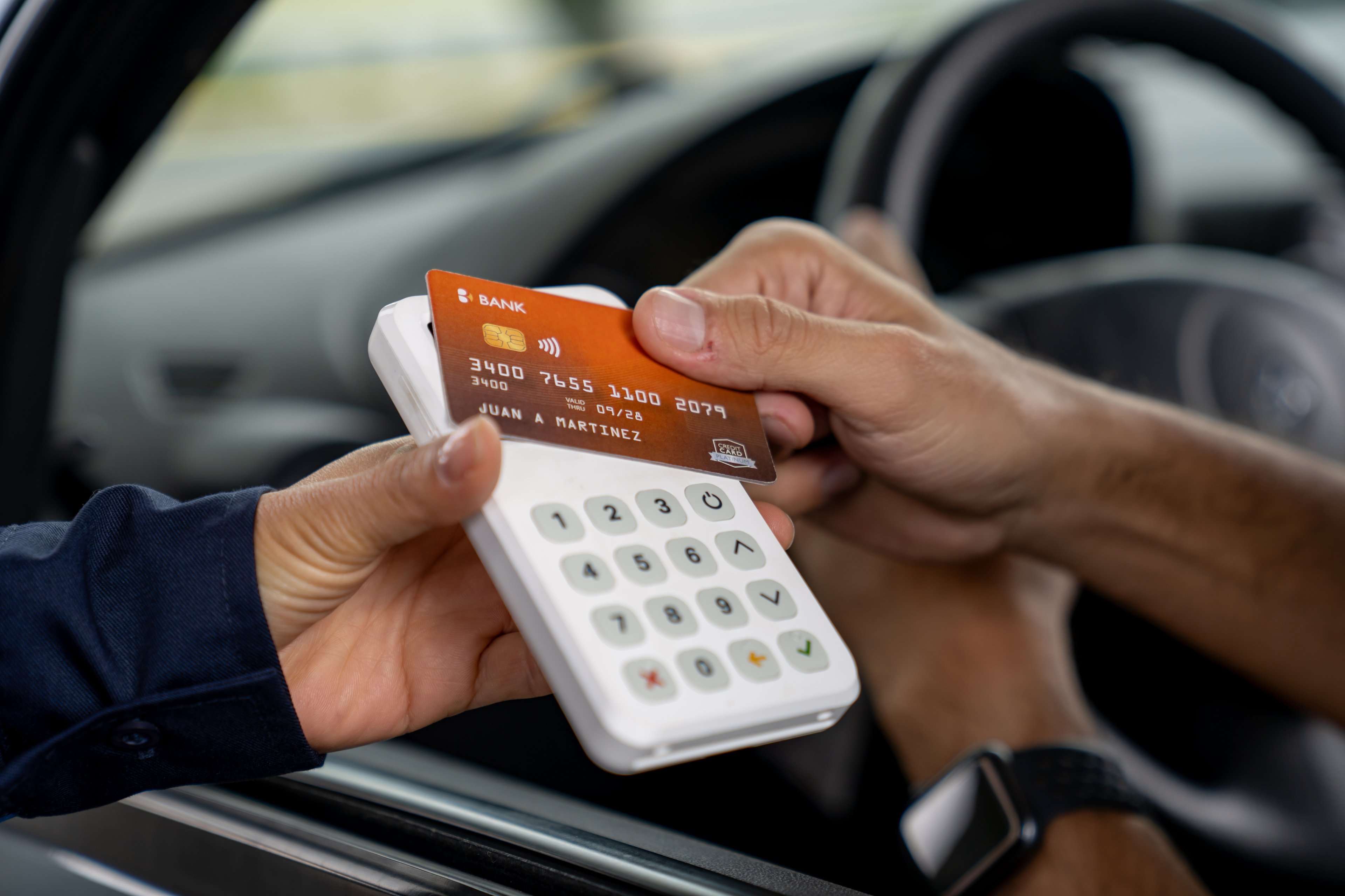When Mastercard Inc. (MA +0.51%) reported its second-quarter earnings, investors had plenty of reasons to cheer, despite its shares shedding a few percentage points in the days following the quarterly release. In the quarter, net revenue rose to $3.7 billion, a robust 20% increase year over year, and its adjusted earnings per share (EPS) grew to $1.66, an even more impressive 51% increase year over year. While some of these gains should be attributed to new tax laws and recent acquisitions that have yet to be lapped, there is evidence for plenty of organic growth as well.
In Q2, Mastercard's gross dollar volume, the amount of money transferred across the company's vast payment networks, increased 14% to $1.48 trillion. Mastercard's number of switched transactions, the number of times company products were used to facilitate transactions, rose 17% to 18.2 billion (once adjusted for Venezuela deconsolidation).
| Mastercard Metrics | Q2 2018 | Q2 2017 | Change (negative) |
|---|---|---|---|
| Net revenue | $3.67 billion | $3.05 billion | 20% |
| Diluted EPS | $1.66 | $1.10 | 51% |
| Effective tax rate | 18.8% | 27.7% | (8.9 percentage points) |
| Switched transactions | 18.2 billion | 16.0 billion | 13.4% |
Data source: Mastercard Inc.
Deals! Deals! Deals!
During the company's second-quarter conference call, CFO Martina Hund-Mejean attributed this acceleration in growth to the number of new deals the company had recently won, saying it was simply a matter of "getting all these wins coming into the numbers."

Mastercard continues to show robust growth, quarter after quarter. This quarter, the company announced more new deals it had secured on the back of the extra services it can offer clients. Image source: Getty Images.
This quarter, as in recent quarters, Mastercard did announce several new deals. The highlights included an extension with JPMorgan Chase's commercial card business and Hawaiian Air's co-brand card business. Mastercard also won a new co-brand card relationship with L.L. Bean and expanded its relationship with PayPal to include the new Venmo debit card. It wasn't just in the U.S. that Mastercard found success: The company signed a new deal with the Bank of India, and in Portugal, Credito Agricola flipped its consumer and credit card business to Mastercard.
When asked how Mastercard was able to win so many of these new deals, CEO Ajay Banga stated:
I'm a believer that our future will be built on choice and on offering bundled solutions. Those are the two things I'm very focused on building. ... So, we want to digitize every form of payment and we want to allow every form of payment to be available as a one-stop shop from us. You want it, we've got it. ... You combine that with bundling both payments with all these other services solutions that a number of the newer banks want. They don't have capabilities of ... fraud management, data analytics, processing, loyalty and rewards. If you can try and bundle these things together, then you get a good, attractive conversation going with them. I think that's probably what's helping us right now.
A one-stop shop for payments
Mastercard placed itself in a fairly unique position among payment networks when it acquired VocaLink in May 2017 for $920 million. VocaLink enables nearly instantaneous transfers between bank accounts, also known as Fast ACH, in several markets around the world including Singapore, Sweden, Thailand, the United Kingdom, and the United States. This gives Mastercard an inimitable suite of payment options it can offer potential clients, including ACH, debit, and commercial and consumer card services.
For instance, in Sweden and Thailand, VocaLink powers PromptPay, an app that facilitates bank account transfers using citizen ID numbers. In the United Kingdom, VocaLink empowers pay-by-bank apps, which allow consumers to make purchases using their bank's mobile app without any need to link it to a debit or credit card. Without VocaLink's ACH capabilities, it's doubtful Mastercard would have been able to win this type of business.
A bundling of services
The other thing Banga called out in helping Mastercard win new business was the growing collection of services it can bundle with its core payment infrastructure, including security features, data analytics, and loyalty-point management. Banga said these services give Mastercard "a much broader, wider relationship" with its clients, making it much more likely that these clients will renew deals with Mastercard as current agreements expire. Banga specifically credited these services for the new L.L. Bean co-brand deal and said Credito Agricola had already used Mastercard to build out its digital bank prototype.
While building these relationships with its clients is obviously important, it should also be pointed out that these services are rapidly increasing revenue streams in their own right. In Q2, Mastercard's "other revenues" category, where these services are accounted for, grew to $785 million, a 13% year-over-year increase.
Still a buy
Over the past year, Mastercard shares have appreciated more than 55%, more than three times as much as the S&P 500 index. With such huge gains, one might rightly wonder if shares are getting too expensive to make for a suitable investment. At their current price and based on adjusted earnings, shares currently sport a P/E ratio of 36 -- a steep price for any growth stock!
Yet despite the high growth, I believe the price is justified. The company is showing, I think, that it knows what it takes to continue its winning ways by focusing on differentiating qualities even as it rides strong secular tailwinds. Besides, it's not too often investors can find an investment that combines attractive qualities such as high operating margins, rapid earnings growth, superb management, and a proven history of outperforming the market -- which is exactly what investors get with Mastercard shares.






